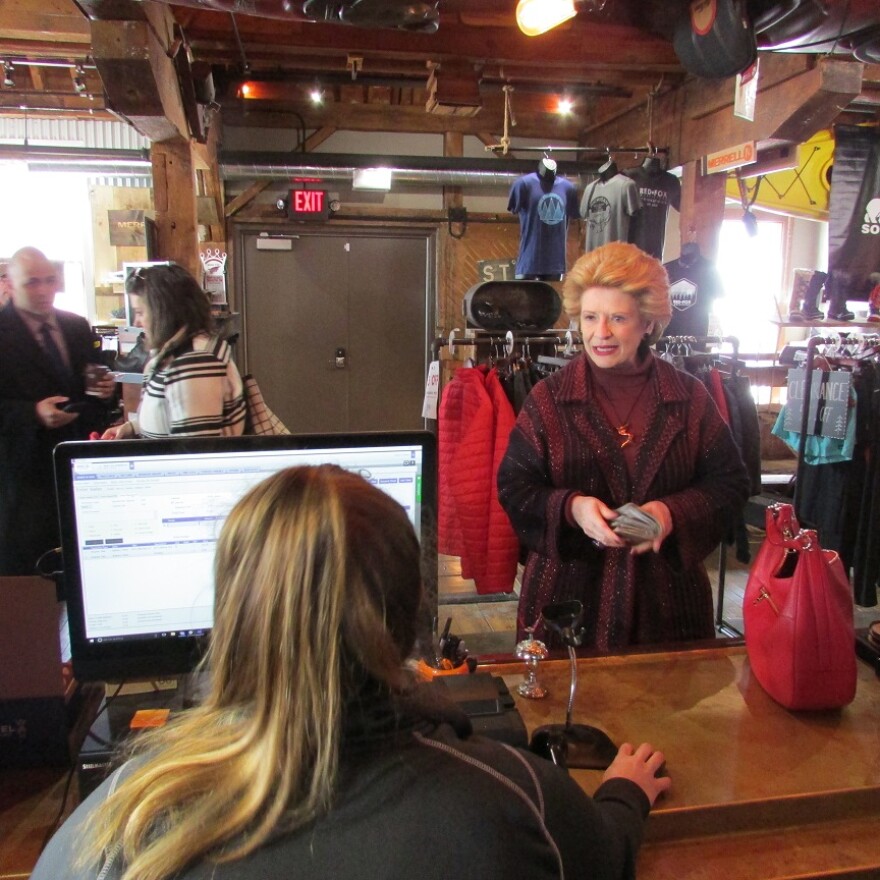Michigan Sen. Debbie Stabenow is glad U.S. Attorney General Jeff Sessions this week recused himself from any future probes involving the possible Russian interference in the U.S. 2016 election.
Sessions failed to disclose two meetings with the Russian ambassador to the United States during the campaign. Sessions insists the discussions did not involve the Trump campaign.
Stabenow believes an investigation is warranted into possible links between the Trump campaign and the Russian government.
“Well this is part of a larger question…a very very serious question,” says Stabenow.
Facing a new wave of questions about his ties to Russia, President Donald Trump is telling advisers and allies that he may shelve - at least temporarily - his plan to pursue a deal with Moscow on the Islamic State group and other national security matters.
That's according to administration officials and Western diplomats.
In conversations with diplomats and other officials, Trump and his aides have ascribed the new thinking to Moscow's recent provocations. But the reconsideration of a central tenet of his foreign policy underscores the growing political risks in forging closer relations with Russia.
Trump's new skepticism about brokering a deal with Moscow suggests the rising influence of a new crop of advisers who have taken a tougher stance on Russia.
Sen. Stabenow herself has also met with the Russian ambassador. She recalls meeting with him at the time the Obama administration was negotiating a deal to lift Iranian sanctions.
“And I think that is the only time I would have been in the room with the Russian ambassador,” says Stabenow.







